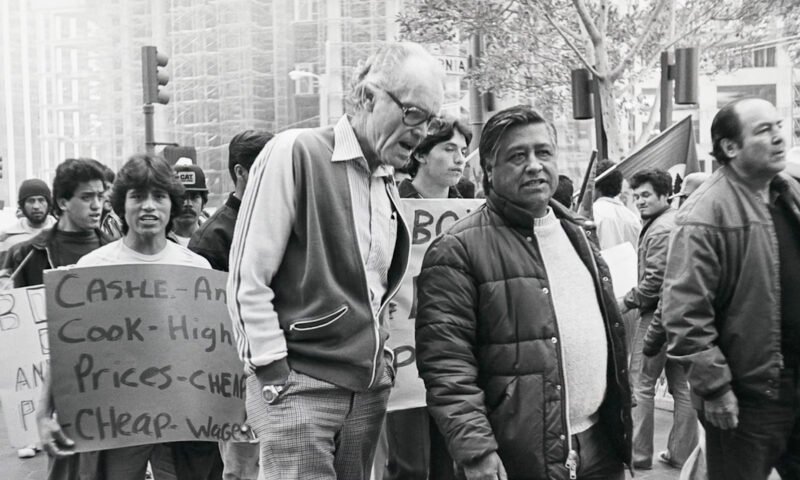
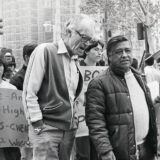
A new documentary about Cesar Chavez’s mentor offers lessons for activists in dark times.
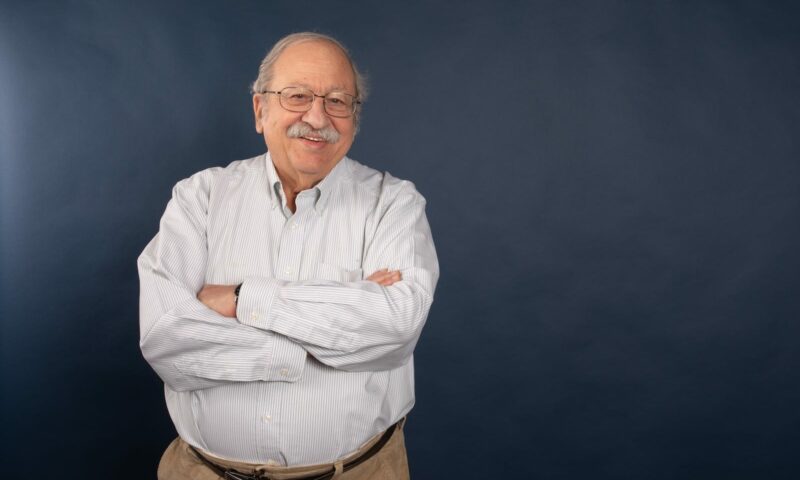

Marshall Ganz says lessons from 1960s organizing can apply to returning economic and political power to citizens from the oligarchs now in control.
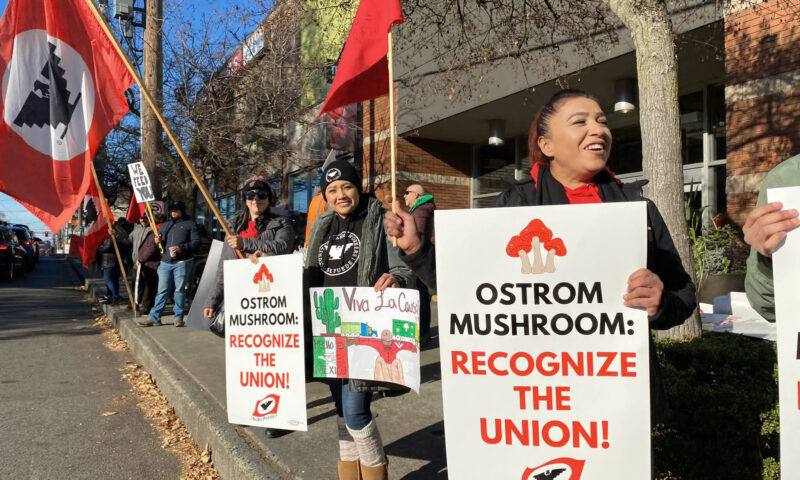
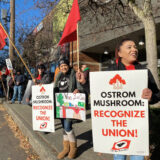
Washington state fines a mushroom grower $3.4 million for firing women farmworkers and replacing them with male contract labor.
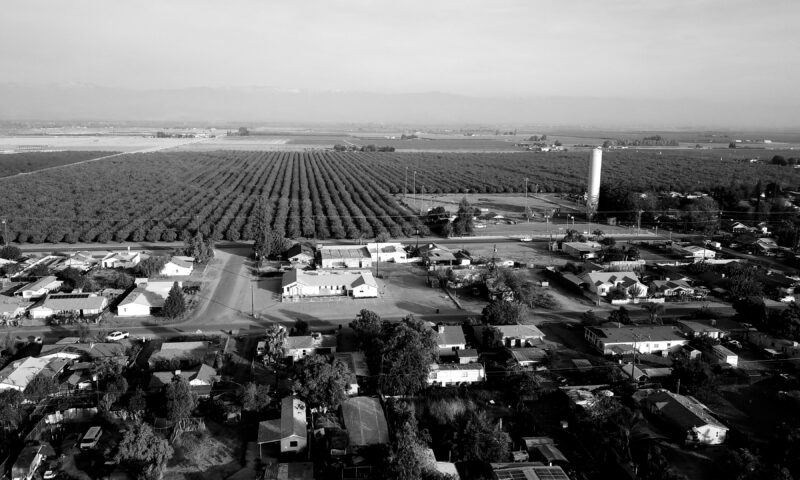
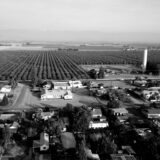
A video portrait of California farmworkers and the struggle for health care.
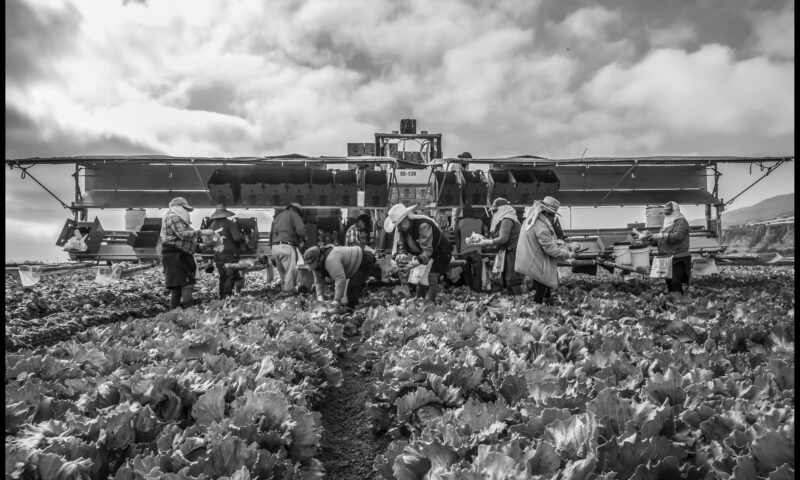
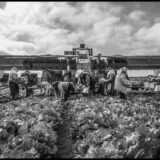
The Robert F. Kennedy farmworkers plan is limited, but it is the best option for many.
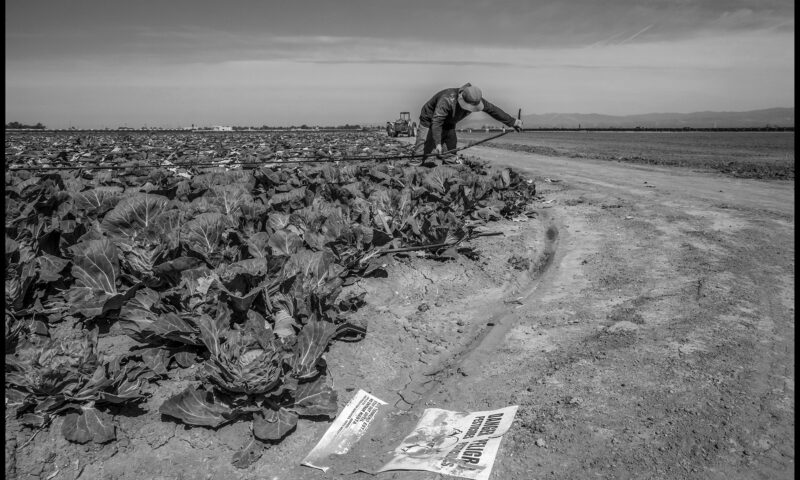
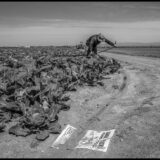
Both the nature of the work and flaws in the support system cause injuries and illness.
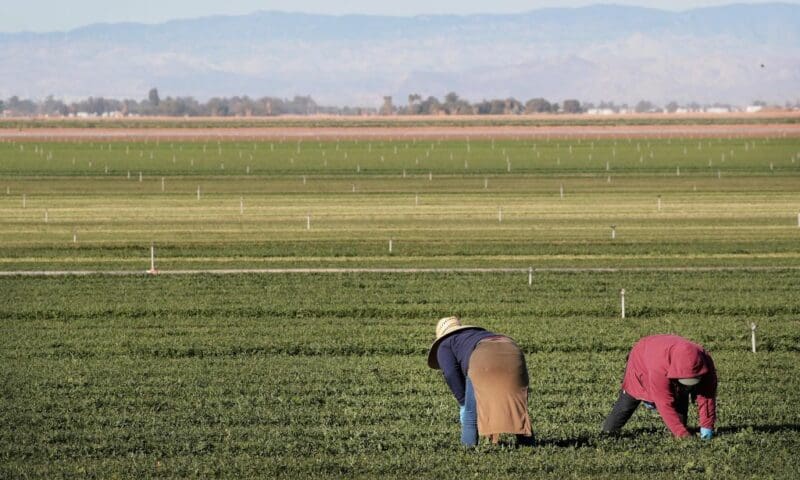
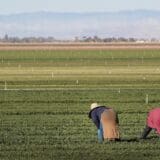
The governor’s stated opposition is based on a procedural point that is moot, bill supporters say.
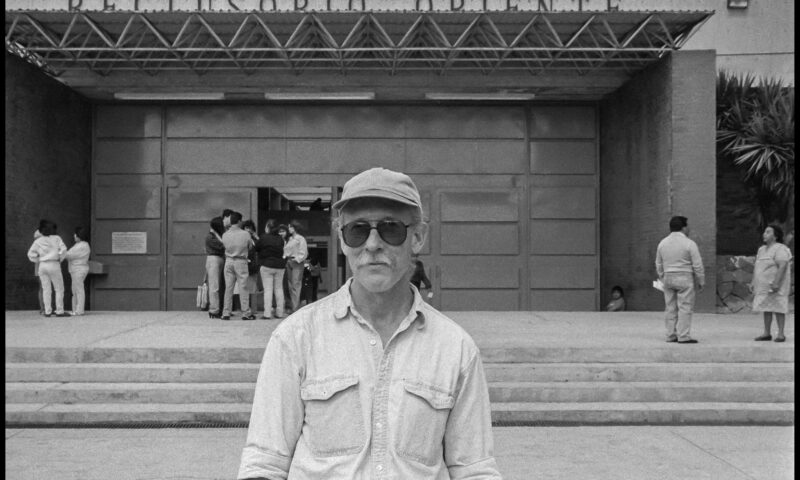

David Bacon spent three decades capturing the experiences of laborers, their treatment and where they came from.
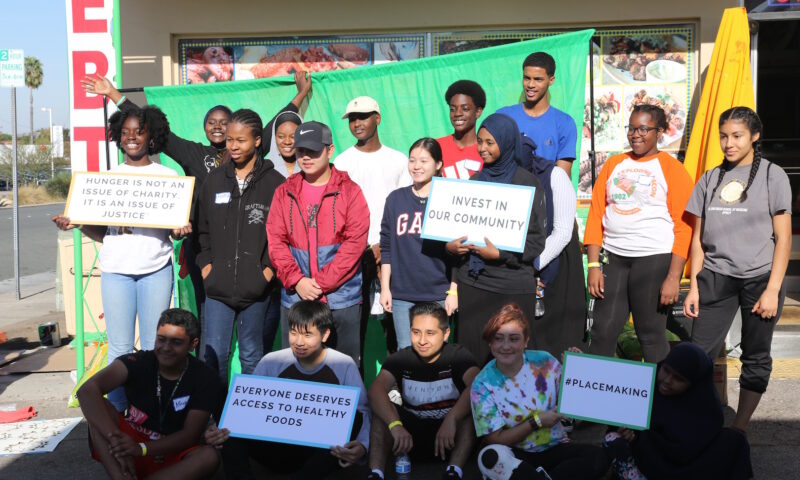

Will Gov. Gavin Newsom expand food aid to help those he touted during the pandemic?
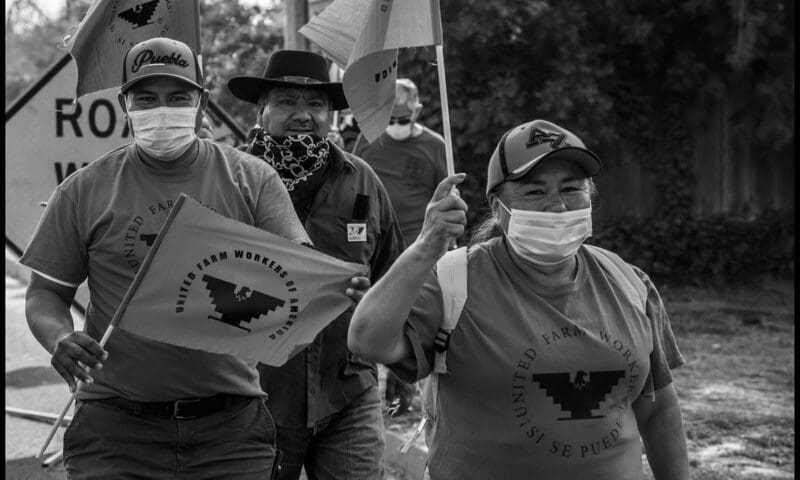
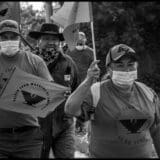
Assembly Bill 616 would have made it easier for California farmworkers to vote to unionize by allowing them to fill out and mail ballots as absentees.
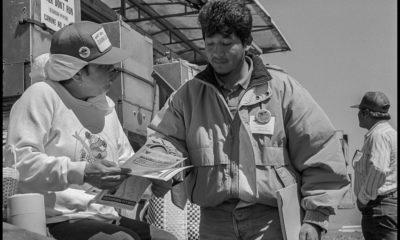
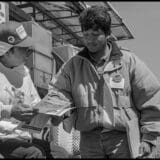
Legal observers worry a ruling against a California law could signal a willingness to undermine labor codes with ‘states’ rights’ arguments.
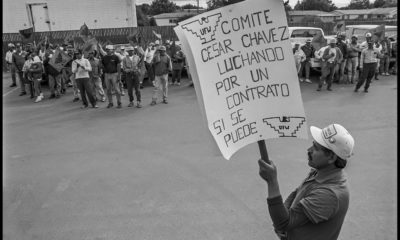
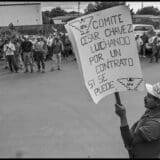
From the start a labor rule allowing union access to farmworkers in the field helped level the relationship between workers and growers.

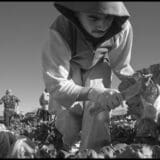
Farmworkers may be considered “essential,” but the undocumented workers who pick the nation’s food are excluded from the CARES Act.
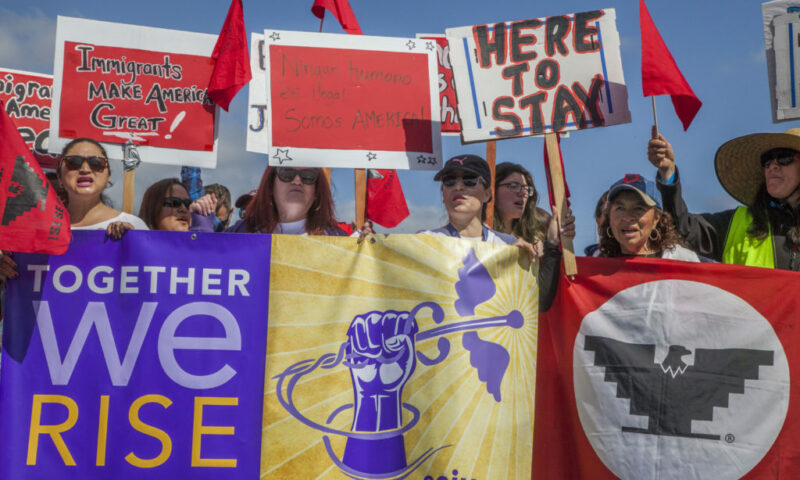

Protest marches, which also commemorated the birthday of UFW co-founder Cesar Chavez, follow several months of UFW activity opposing immigration enforcement, and of organizing workers to defend themselves against it.
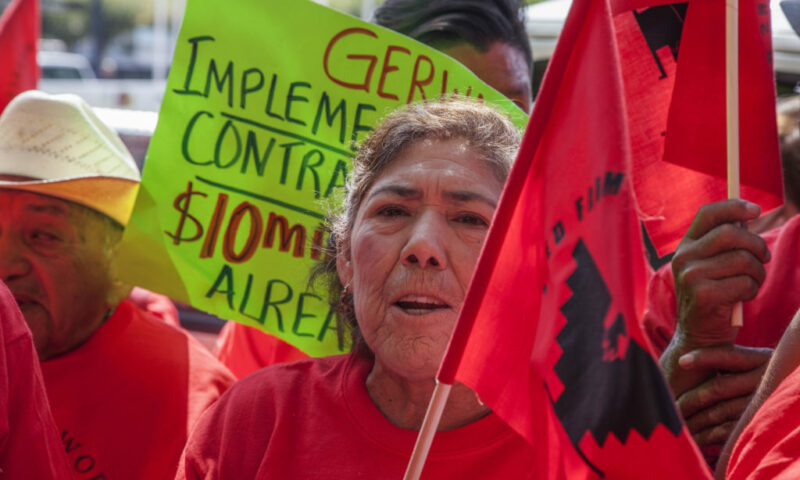
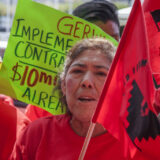
The message from the California Supreme Court to growers is that when farm workers vote for the union, a state law has teeth that can force companies to negotiate.


Co-published by The American Prospect /
“Sustainability” is the mantra for many groups and businesses near the Salton Sea. But sustainability for whom? BY DAVID BACON
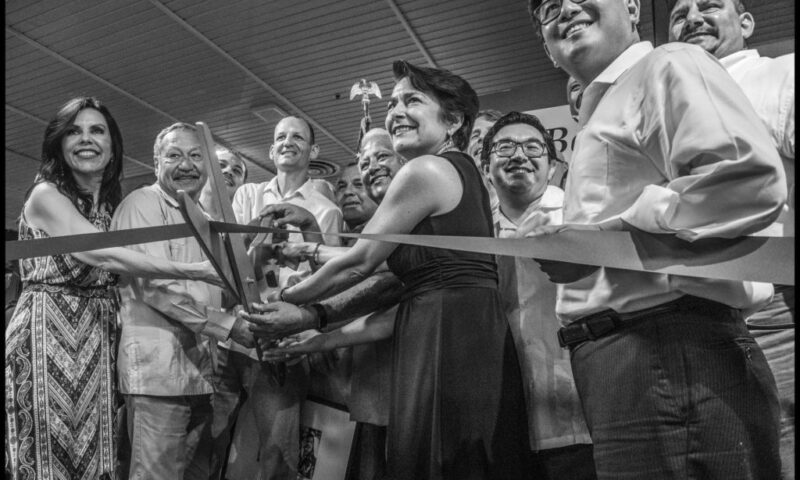

For over 160 years the California State Fair has been run by growers to showcase the wonders and wealth of the state’s agriculture. And for over 160 years the fair did this without mentioning the people whose labor makes agriculture possible: farmworkers. This year that changed.
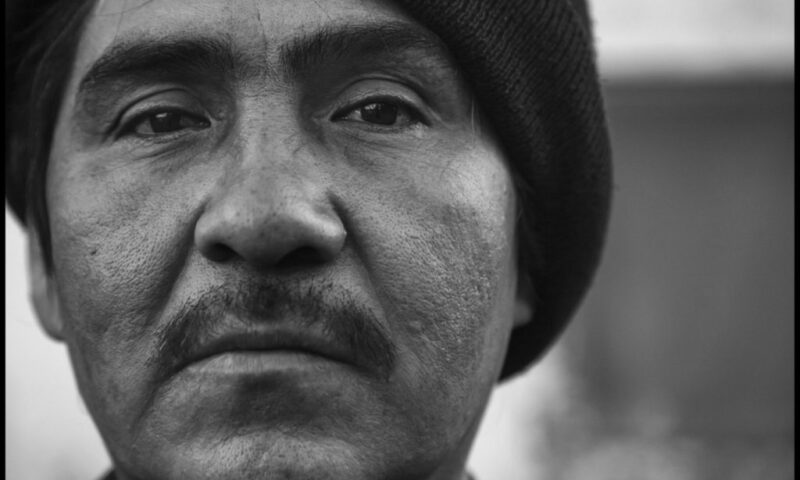

When writer and veteran union organizer David Bacon speaks of “people who travel with the crops,” he means the agricultural workers who move from place to place to cultivate and harvest California’s fields. They are also the subject of his newest work of photojournalism.


When Cesar Chavez led a band of farm workers on their historic 300-mile march from Delano to Sacramento half a century ago, they prominently displayed banners of the Virgin de Guadalupe throughout the line. Why? Because that image held symbolic weight far beyond any other the group could carry.
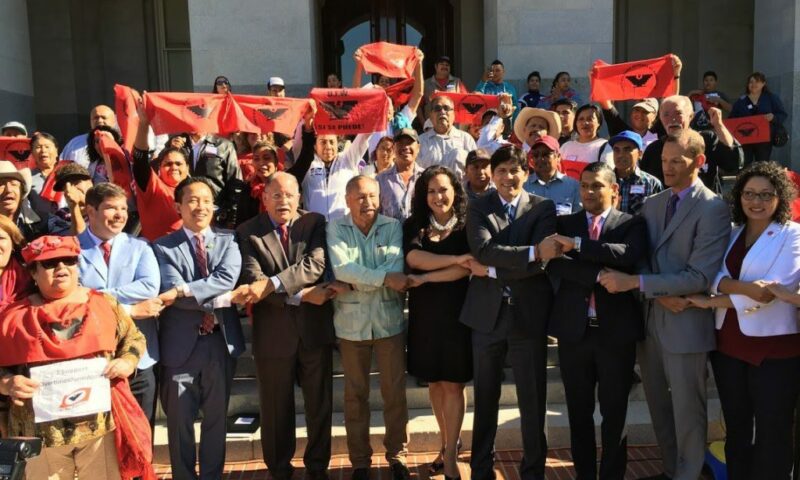
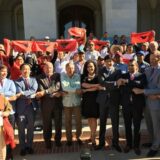
Bill Raden reports on the Assembly’s approval of overtime pay for California’s farm laborers, based on an eight-hour workday.